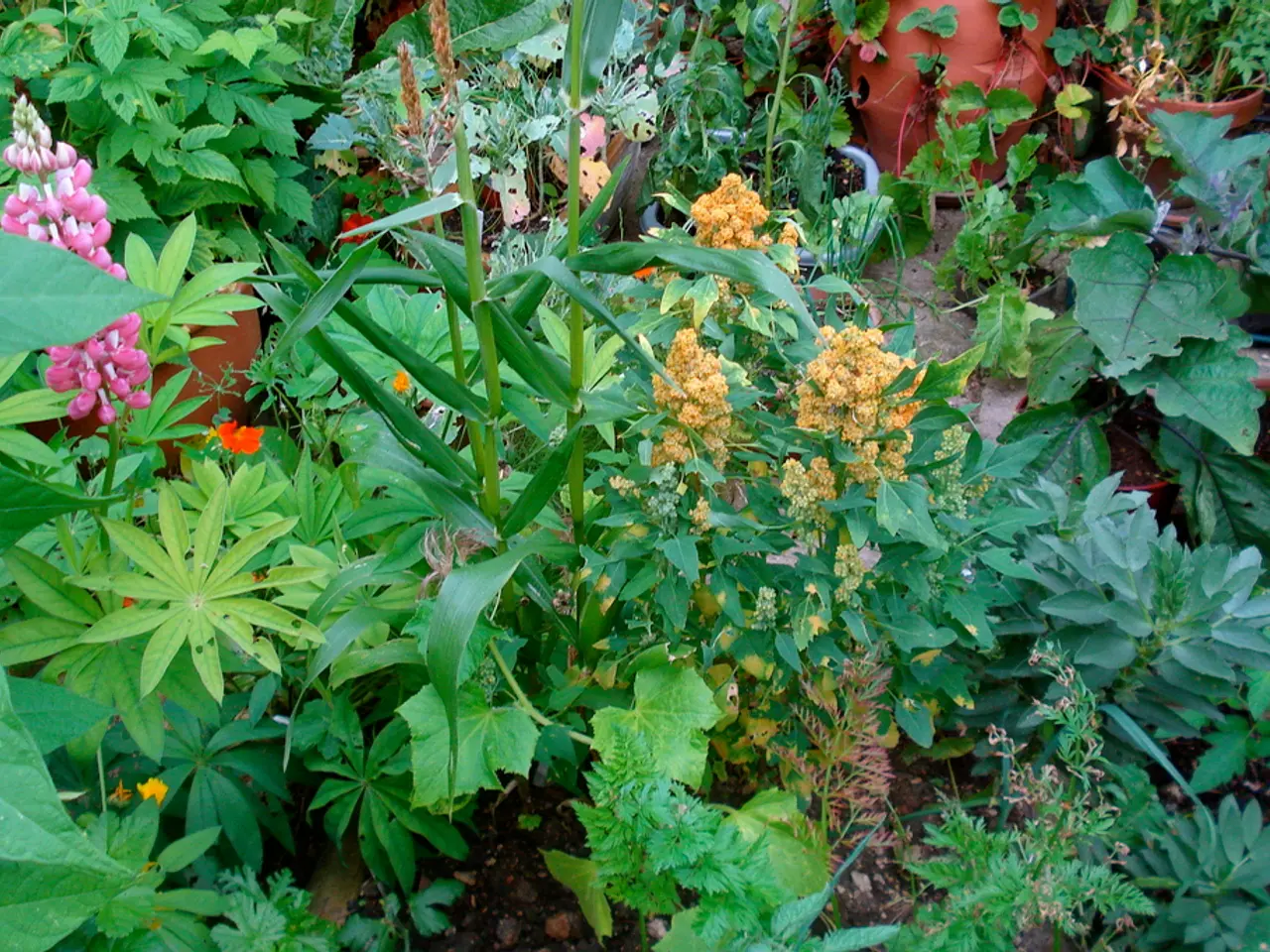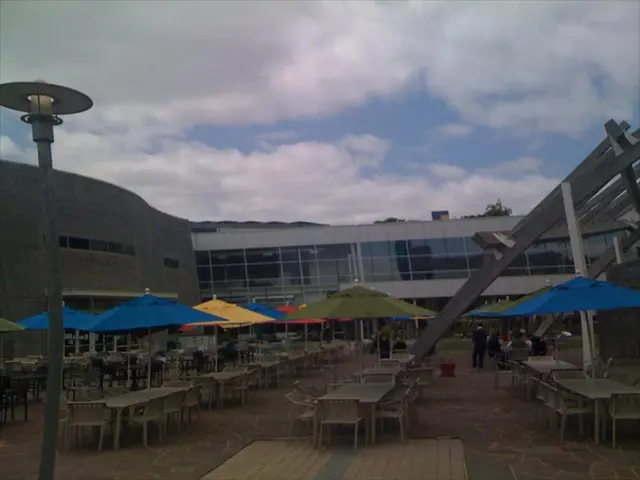Endangered sanctuaries - Miniscule green spaces necessitate strategic preservation
In the heart of North Rhine-Westphalia, the Ruhr region is grappling with the growing pressure to convert vacant land for profitable use. Amidst this urban development, allotment gardens continue to play a crucial role, serving as havens for insects, birds, and people alike.
Sonja Bongers, Chair of the SPD City Council Fraction and a Member of the North Rhine-Westphalia State Parliament, underscores the ecological and social significance of these green spaces, particularly in densely populated areas where alternatives are scarce.
Allotment gardens contribute significantly to climate protection, urban livability, and environmental education. They function as miniature green infrastructures within dense urban areas, supporting climate adaptation by increasing permeable surfaces, reducing urban heat, and fostering biodiversity. These small-scale green spaces help mitigate air pollution and improve local microclimates amidst urban growth and shrinkage pressures.
Moreover, allotment gardens serve as practical educational platforms. Residents, especially children and youth, learn about ecology, sustainable gardening, and food production within these spaces. They foster community cohesion and environmental awareness, complementing art and cultural projects that emphasize sustainable public spaces and civic participation.
However, allotment gardens face challenges common to urban green spaces. With urban expansion and contested developments, there is pressure on green spaces, including allotment gardens. Balancing housing development on green belt land with preserving these gardens for climate and social benefits is a delicate task. Effective governance must align with broader municipal goals for sustainability and climate resilience.
Ensuring long-term management and integrating allotment gardens into urban development plans is another challenge. School gardens maintained by allotment gardeners are becoming important extracurricular learning sites, and allotment associations are cooperating with schools and kindergartens to further promote education and community engagement.
Allotment development concepts need to be developed or updated to address these challenges and secure the qualitative and quantitative goals in the land use and green space plans. The value of allotment gardens is often overlooked in urban planning, but their importance in urban planning, particularly in densely populated areas, is highlighted.
Allotment gardens in city centres, along important transport routes, or near commercial and industrial areas are under pressure for development land as cities on the Rhine and Ruhr continue to grow, leading to an increase in land prices. Despite these pressures, allotment gardens continue to thrive as important recreational spaces in urban areas and significant living spaces, particularly in the Ruhr region.
Allotment gardeners are increasingly focusing on sustainable and nature-friendly designs, ensuring these green spaces continue to contribute positively to the environment and the community. The allotment gardens of the Ruhr region stand as a testament to the power of community-led green spaces in the face of urban development, and their role in climate protection, education, and community engagement is undeniable.
Science plays a crucial role in documenting and understanding the environmental benefits provided by allotment gardens, such as climate protection and biodiversity fostering. These gardens, being integrated into urban lifestyle and home-and-garden landscapes, also serve as valuable educational resources for sustainable gardening and ecology.








